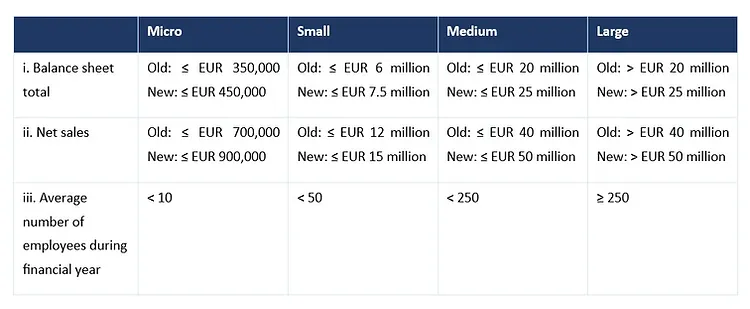Non-resident entities looking to establish a presence in Cyprus have several legal entity options to choose from, each carrying its own accounting and tax obligations. The main types of entities available are:
1. Branch Office (Permanent Establishment)
A branch office is not a separate legal entity; it is simply an extension of the foreign company. A branch must be registered with the Cyprus Registrar of Companies, and the foreign company’s financial statements must be submitted along with any required reports.
Branch offices are subject to Cyprus corporate income tax (CIT) on profits generated within Cyprus and are required to file quarterly VAT returns. Additionally, if the branch has employees, it must set up a Cyprus payroll system, withholding the necessary wage taxes and social security premiums.
2. Subsidiary
A subsidiary is an independent legal entity incorporated under Cyprus law. Subsidiaries must register with the Cyprus Registrar of Companies, file annual financial statements, and comply with Cyprus’s tax obligations, including corporate income tax, VAT, and wage tax. Subsidiaries offer more operational independence compared to branch offices, along with greater administrative simplicity.
3. Foreign Legal Structures
Foreign companies can also use their own legal structure when setting up a business in Cyprus. Cyprus recognizes a wide range of foreign business structures, excluding sole proprietorships. However, using a foreign legal structure may result in complexities due to the need to navigate multiple tax authorities.
Non-resident businesses should consult with legal and tax advisors to determine the most appropriate entity structure for their needs in Cyprus.























